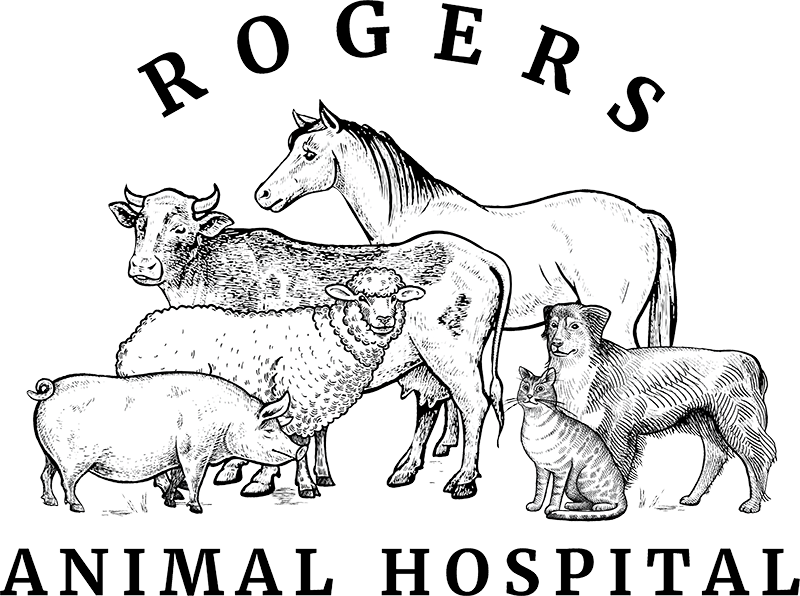Recognizing When Your Pets Enter Their Senior Years
As responsible pet guardians, it’s vital to familiarize ourselves with the natural aging process of our beloved animal companions. Identifying when they transition into their senior years enables us to provide the proper care and attention as they gracefully grow older. The aging journey can differ based on your pet’s species, breed, and size. Typically, dogs and cats enter their senior phase at around 7 to 10. Nonetheless, it’s worth noting that larger breed dogs might experience accelerated aging, considering them seniors at 5 to 6 years. It’s a reminder that each animal has its unique pace of aging, some embracing it more leisurely while others hasten through the process.
With aging comes distinct care requirements for our pets. Senior pets may encounter health challenges like arthritis, kidney issues, or dental concerns. Regular veterinary visits are indispensable for the early detection and management of these concerns. Your trusted veterinarian can also offer guidance on nutrition and exercise tailored to keep your pet in optimal health and vigor as they advance in years. Furthermore, if your senior pet experiences mobility challenges, they could benefit from added comfort measures like orthopedic beds or ramps.
Many pet owners only recognize their furry companions’ senior status when they notice age-related alterations. Common signs encompass:
● Reduced energy levels or mobility.
● Shifts in behavior.
● Alterations in appetite or weight.
However, seeking veterinary care before these changes manifest proactively is prudent. Routine check-ups and preventive measures are essential for preserving your pet’s well-being and identifying potential issues in their infancy.
If you haven’t done so already, the time is ripe to arrange a check-up with your veterinarian to discuss your pet’s health and how to provide the best support as they embark on their senior years. Your veterinarian can give you insights into what to anticipate as your pet ages and how to fine-tune their care accordingly. Early detection and intervention ensure your cherished senior pet enjoys a longer, healthier life.

